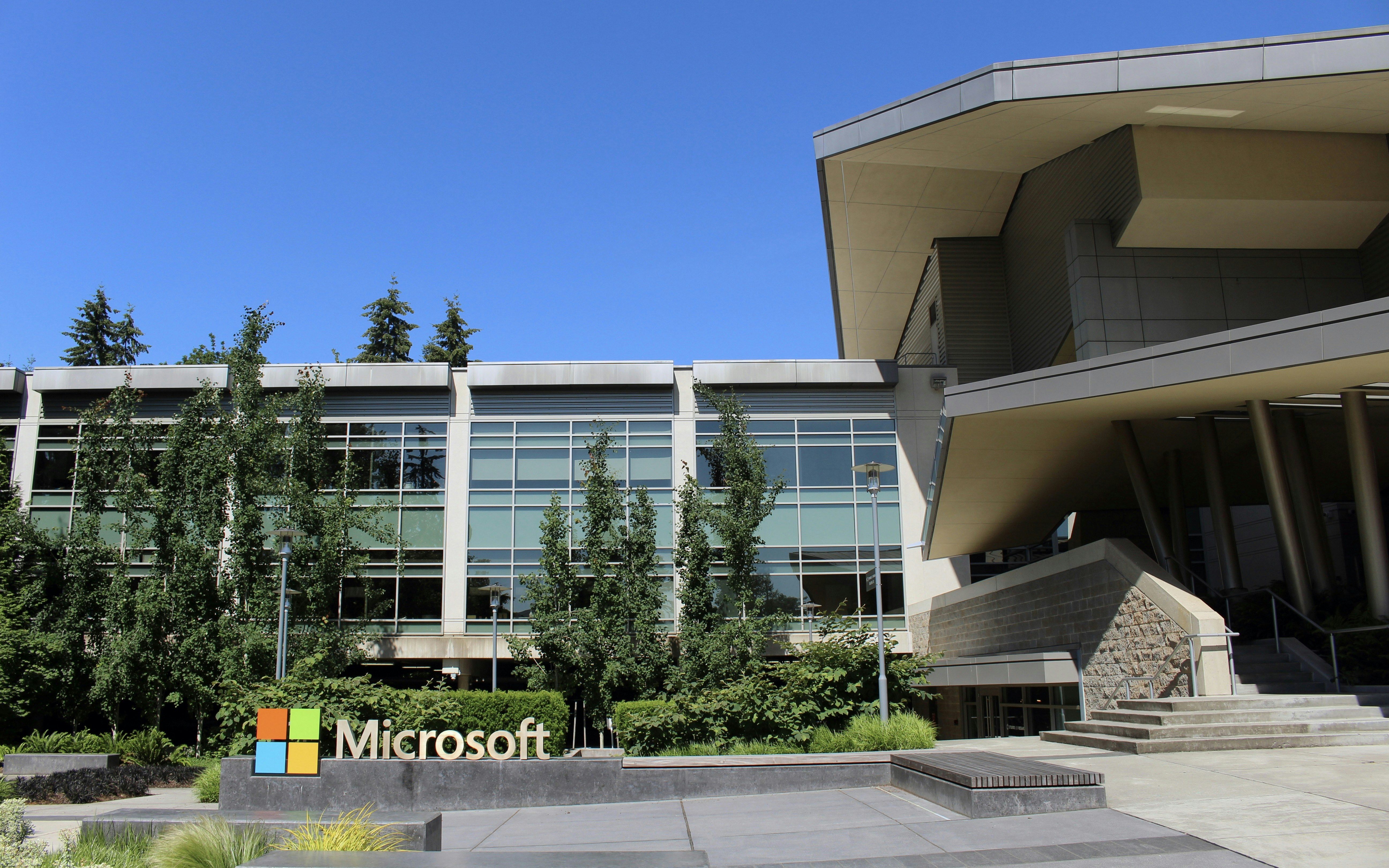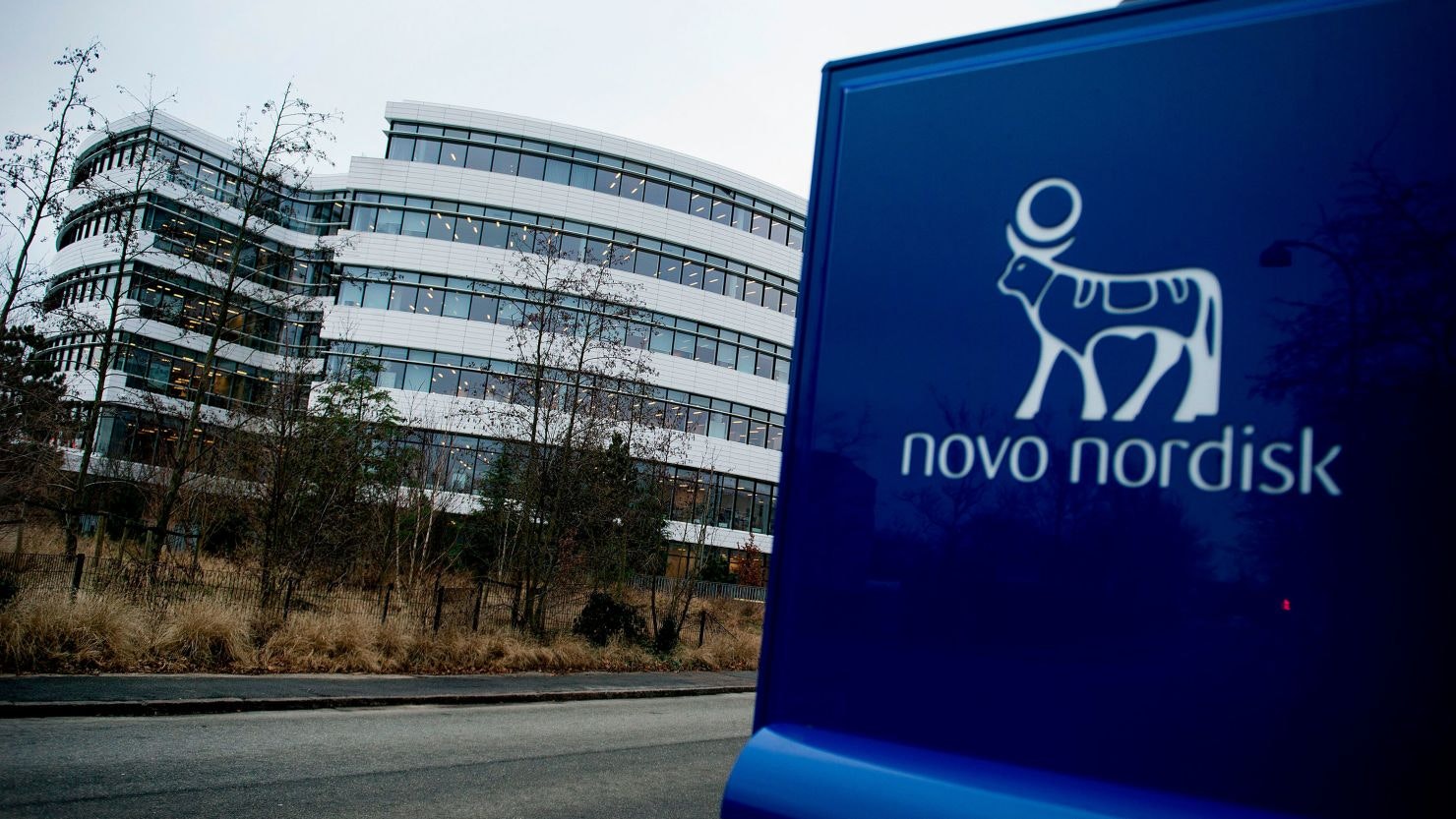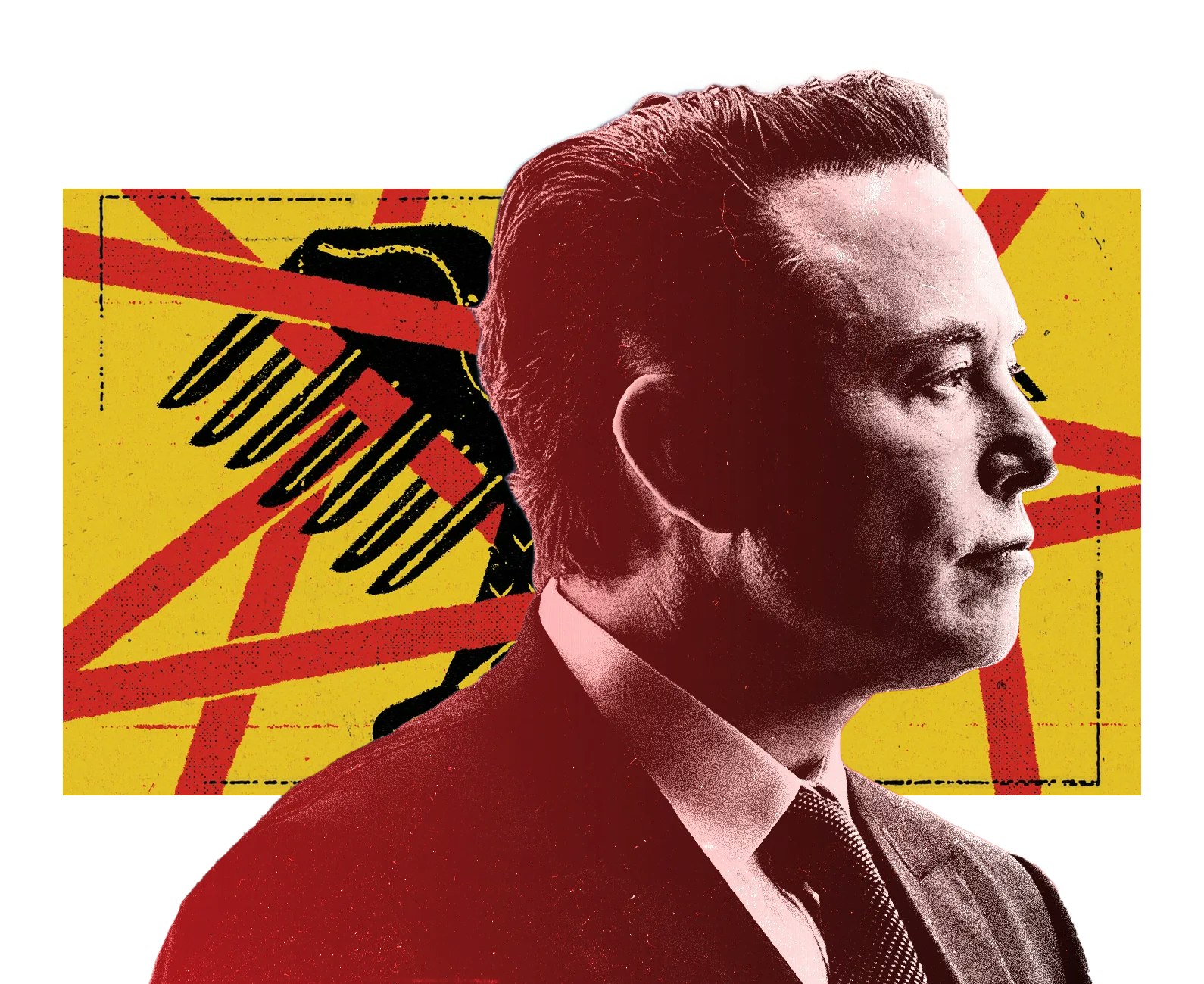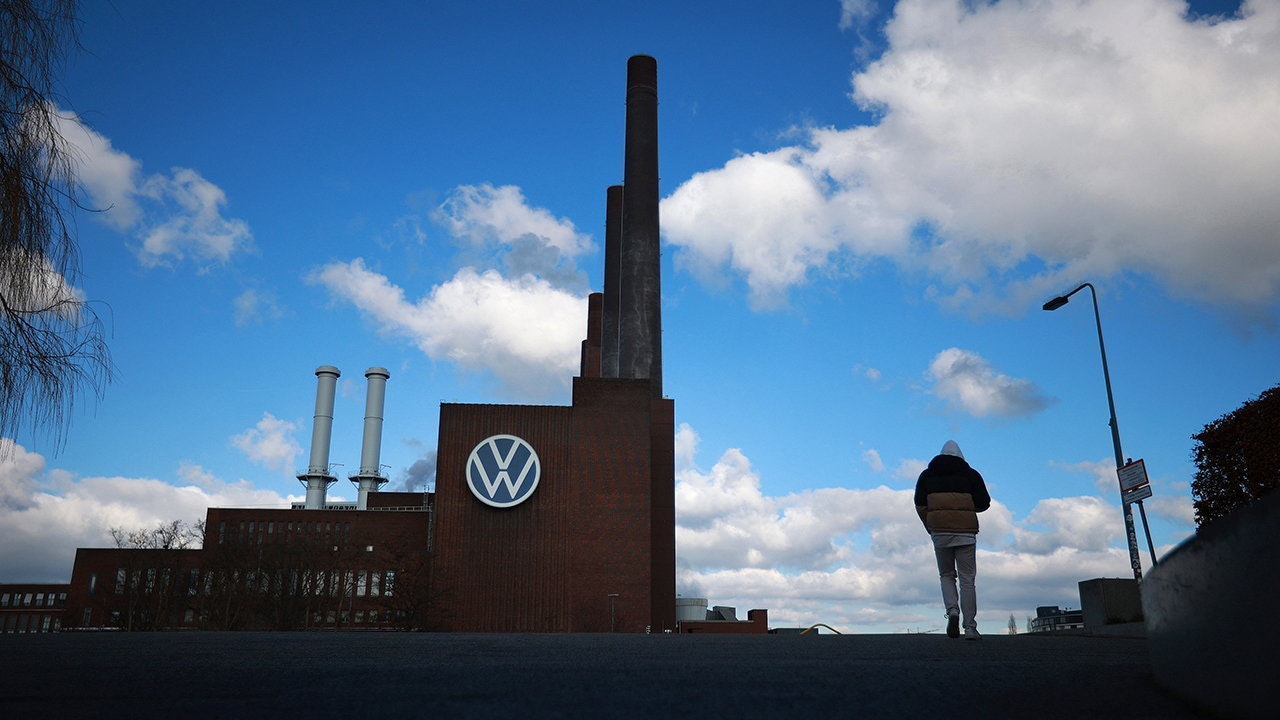Constellation Energy will restart the decommissioned Three Mile Island nuclear power plant in Pennsylvania to supply energy to Microsoft. This decision is part of a 20-year supply contract aimed at meeting the technology company's growing energy needs while also adhering to its emission targets.
As part of the deal, Constellation will reopen Unit 1 of the nuclear power plant, which was shut down in 2019. This marks the first reopening of a nuclear power plant in the USA. However, Unit 2, which was shut down in 1979 following a partial reactor meltdown, the most severe in U.S. history, will remain closed.
Joe Dominguez, CEO of Constellation, stated: "This decision is the strongest symbol of the rebirth of nuclear power as a clean and reliable energy source." The move comes against the backdrop of a global resurgence in nuclear power, which is considered indispensable to meet the steadily increasing energy demand while simultaneously reducing CO2 emissions.
The deal stipulates that Microsoft will purchase the entire electricity output of over 800 MW from the reopened facility. The facility, which will be renamed "Crane Clean Energy Center" in honor of the late former CEO of Constellation, Chris Crane, is scheduled to go online in 2028 and is to be operated until at least 2054. The locations of the Microsoft facilities that will benefit from the energy supply have not been disclosed.
For Microsoft, this is another milestone in its efforts to achieve its ambitious climate goals, including the aim to become carbon negative by 2030. "This agreement is an important step to decarbonize the power mix and support our goal to become carbon negative," said Bobby Hollis, Vice President of Energy at Microsoft.
Constellation will invest approximately $1.6 billion in the project, causing the company's stock in New York to rise by 14 percent.
The recommissioning comes amid growing electricity demand in the USA, driven by new technologies such as artificial intelligence and the electrification of the transportation sector. The increase in demand has raised concerns about the stability of the power grid. Currently, the US Department of Energy is promoting the extension of operating times for old nuclear power plants through billion-dollar subsidies, in order to reduce emissions and ensure grid stability.







